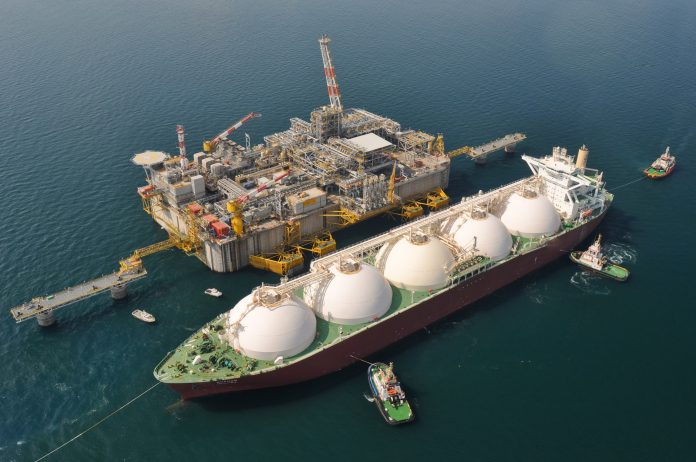Pakistan has postponed its agreement to procure liquefied natural gas (LNG) from Qatar by one year, shifting the delivery timeline to 2026 instead of 2025, according to Petroleum Minister Dr. Musadik Malik. Speaking to local media on Wednesday, Dr. Malik attributed the decision to a surplus in LNG supplies amid declining demand from power utilities.
“We currently have a surplus of LNG, so we are not importing any new cargo,” Malik said, noting that Pakistan has deferred five LNG cargoes from Qatar and is in talks to delay five more from other suppliers. He clarified that the deferment would not incur financial penalties.
The oversupply situation comes as Pakistan experiences a notable decline in electricity consumption, with demand falling by 8-10% year-on-year over the past three quarters. The reduction is primarily driven by higher electricity tariffs, which have curbed household consumption. Additionally, winter demand for natural gas has dropped significantly, with many power utilities curtailing or halting operations due to a seasonal decline of up to 60% compared to summer peak levels.
In response to the demand slump, the government has reduced electricity tariffs to boost consumption and lessen reliance on natural gas for heating during the colder months. Malik confirmed that Pakistan has canceled its spot LNG tender for January 2025, citing oversupply and a lack of buyers willing to purchase LNG at spot market prices.
No Crude Oil Deal with Russia
Dr. Malik also refuted reports of a finalised crude oil agreement with Russia, calling the news “completely false.”
Speaking to the media, he clarified, “Reports about a deal with Russia for crude oil are completely false. We have not reached any agreement with Russia regarding crude oil purchases.”
The minister emphasised that Pakistan is not currently importing any crude oil from Russia, contrary to local media reports suggesting monthly shipments starting in January. “We are working on a framework to ensure affordable fuel for consumers, but no deal has been reached,” he stated.
The clarification follows reports in The News that Pakistan had reached an agreement with Russia to restart crude oil imports from January 2025 under a Government-to-Government (GtG) arrangement, with one cargo to be imported per month. The reports also suggested that PRL would import 12 cargoes of Russian crude oil annually, with a payment mechanism facilitated by the Governor of the State Bank of Pakistan.
Saudi Investment and Domestic Reforms
Highlighting Saudi Arabia’s growing interest in Pakistan’s energy sector, Dr. Malik revealed that Pakistan has signed Memoranda of Understanding (MoUs) worth $2.7 billion with Saudi investors. Of these, seven MoUs have been converted into agreements.
A Saudi firm has expressed interest in investing $1.7 billion in Pakistan Refinery Limited (PRL), with a recent roadshow in Saudi Arabia attracting participation from five major companies.
He also noted progress on Saudi collaboration in providing skilled workforce and investment in Pakistan’s mining sector.
Regarding the Iranian gas pipeline project, Dr. Malik avoided direct comments but mentioned that discussions are ongoing. “If the United States provides a waiver for the Iran-Pakistan gas pipeline, Pakistan will benefit,” he stated.
The minister also outlined ongoing reforms in the Directorate General of Petroleum Concessions (DGPC), including digitisation and the introduction of a new approval framework aimed at improving efficiency. He reiterated the government’s commitment to appointing merit-based boards for state-owned oil and gas companies and plans to introduce a blended gas tariff next year to stimulate industrial activity.
Despite the challenges, Dr. Malik emphasised the government’s focus on ensuring energy security and attracting foreign investment, while dismissing rumors of administrative changes within his ministry as unfounded.




